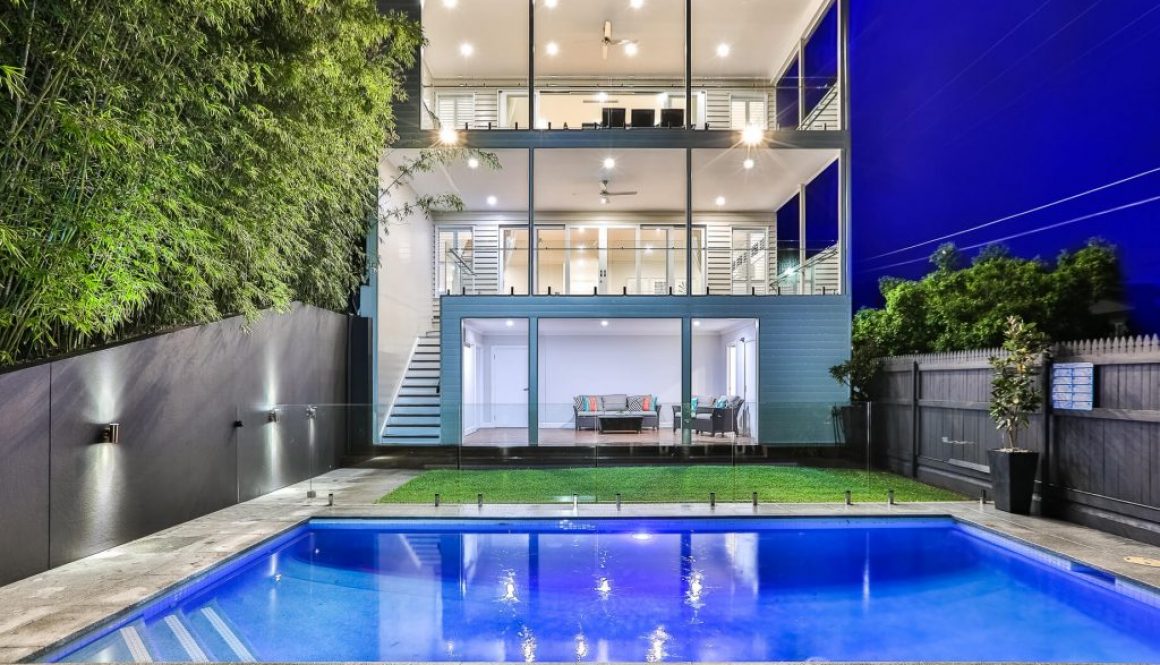How to budget for your home renovation project
Renovations projects aren’t always cheap, though the value they add to your home can be significant. Whether you’re planning a full-scale home renovation or something more modest, achieving your dream renovation takes careful consideration and planning.
If cost is stopping you from going ahead with your dream home renovation, have a look at our advice on simple ways to budget for your renovation project:
Limit the scope.
While it can be tempting to go all-in when planning your renovation project, getting too carried away is likely to put you at risk of a budget blowout. Instead, limit the size and scope of your renovations to help cut down costs. Think about your renovation ‘must-haves’ and make these a priority. It’s always best to get your top priorities done first, and any less essential add-ons can wait.
Taking renovations one step at a time can help your purse, and can make it easier to live on-site during renovations so you’re not having to pay extra for alternate accommodation.
Prioritise.
Kitchens, bathrooms and living rooms are usually the more expensive to renovate. If you are considering a whole-house reno, start with these areas — especially if you’re on a tight budget. You’ll also likely be spending the most time in these rooms, so it makes sense to prioritise them. Of course, if you’re renovating because urgent repairs need to be done in a certain section of your home, start there. If you do end up having to put renovations on hold, it’s important that any priority areas are completed first.
Ensure you’re spending money in the right way.
Going overboard with renovations that may not add value to your home can be risky. While your renovation should, at the end of the day, be your vision, certain home improvements can end up costing you more than they’re worth. Being aware of these, at least, may help guide your project. Some renovations that you might want to think twice include adding entertainment rooms, expanding the master bedroom suite (especially if this turns your three-bedroom house into a two-bedroom) or replacing all the windows on your property.
Set yourself up for success
Budgeting for any home renovation project means ensuring you’re set up to succeed from the very beginning. Keep track of expenses and make sure you have easy access to this information. An excel spreadsheet, Google document or old-fashioned note-taking with paper and pen all work.
Breaking down your budget in detail is also a good idea, and you might find it easier to use a budget template tool for this. Decide how much you’re willing to spend overall, then break this down into sections of the house. This helps you work out what’s going to be most expensive, and where you might be able to cut costs.
Finally, don’t forget your contingency plan. There are likely to be unexpected costs and it’s very common for people to overspend on their home renovation projects. Adding an extra 5 or 10% to your total budget can help cover any unforeseen expenses.
Seek professional advice.
Building and renovation professionals can help guide your project and let you know what to expect. They’ll be able to run through common budgeting mistakes and identify any potential hidden costs. They can also help you decide which renovations will add value to your home, and what changes might impact the resale value. All this information is invaluable when it comes to staying within your budget.
Need some advice on your home renovation project? Don’t hesitate to get in touch with our team.

